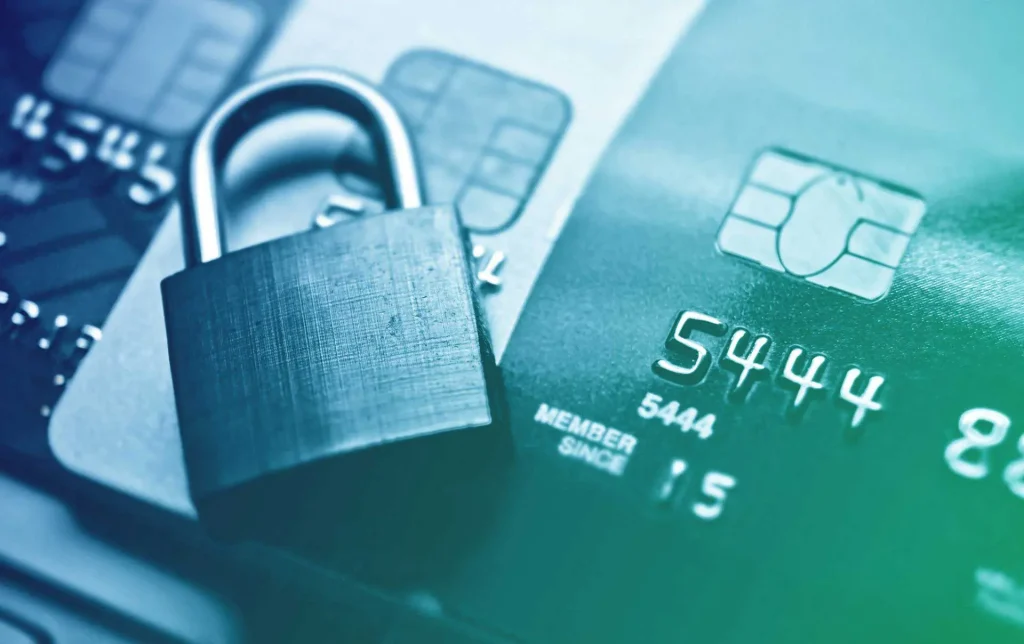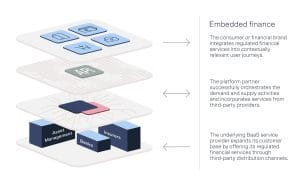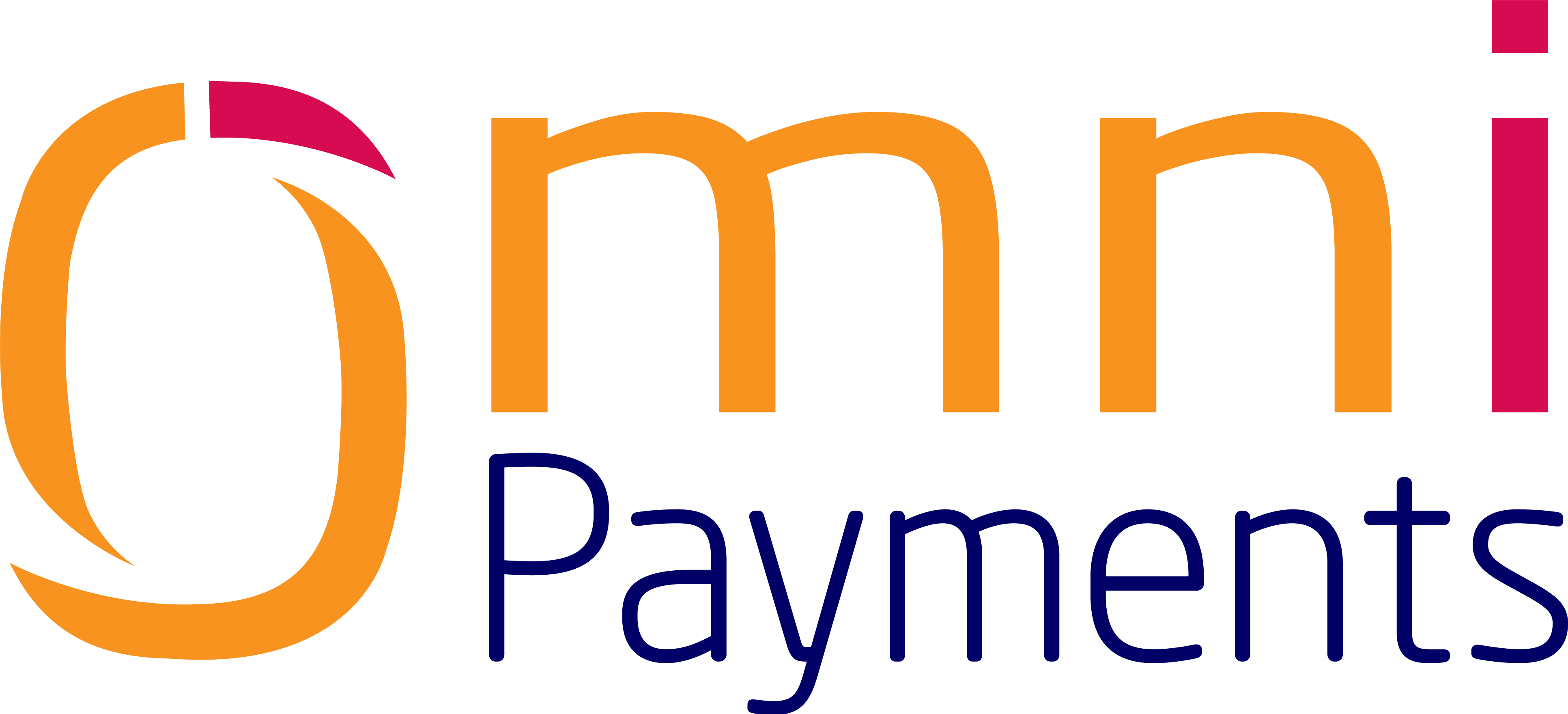Introduction
With the growth of the tech sector, the quantum of individuals and businesses opting for digital payment solutions has drastically increased to unprecedented levels. Compared to traditional cash-based payments, these are faster, simpler, and more feasible for cross-border transactions. Digital payments became a major boon because of the COVID-19 pandemic since people were afraid of contamination and thus opted for contactless payments. In 2022, global cash usage declined by 4 percentage points.
However, the more digital we get, the higher we expose ourselves to cybercrimes. With both the good and bad aspects of the digital world on the rise, tokenization has come across as a game-changer for the finance sector. It redefines the process of digital payments and eliminates the risk of cybercrimes. But what exactly is tokenization? How does it help in payment security? This is what we will cover in this blog.
What is Tokenization
Tokenization involves replacing sensitive data with non-sensitive substitutes known as tokens to protect sensitive information. While this sounds straightforward, it is highly technical and requires a lot of effort on the backend to exist. It is also known as “masking.” However, the term “masking” is used in other aspects of data security as well.
Tokenization can help secure the following types of data:
Credit and debit card details
National identification numbers such as social security number, passport, and driver’s license
Email addresses
Bank account numbers
Names, addresses, birth dates
Mobile wallets
Data stored on e-commerce websites
How Tokenization Facilitates Payment Security
The following process helps tokenization in facilitating a robust payment security system:
It replaces sensitive payment data with non-sensitive tokens. This masks the account details with a randomized alphanumeric character of the same length.
The actual sensitive data is stored in a secure digital token vault. This is accessible only by the acquirer, issuer, network, or payment processor.
Tokenization further helps reduce PCI-DSS compliances by storing the encrypted sensitive data on secure servers. There, the actual data is referenced in terms of tokens instead of direct actual data storage.
This ultimately reduces the number of people having access to your financial data, which further ensures minimal data breaches and fraud. Also, further tokenization of encrypted data on servers reduces the risk to negligible.
This is how tokenization facilitates payment security and is the reason why it is becoming a boon in the finance sector.
Benefits of Tokenization
The following are some benefits of tokenization:
It enhances customer assurance since the customers can rest knowing that their financial data is secure.
Tokenization acts as one of the strongest barriers against data breaches and data theft, thus minimizing losses for both individuals and organizations.
With enhanced assurance and minimal threat, the financial institution’s reputation rises, and more people flock towards digital payments with a secure payment platform.
Conclusion
With tokenization coming as a savior for all against cybercrimes through enhanced security, it is still highly important we stay vigilant during all transactions, as even the slightest slip-up might cost you a fortune. If you are a business looking for an affordable yet scalable, secure, and modern payment processing platform, Omnipayments might just be the one for you! We offer a comprehensive Tokenization solution, either through our own token vault and network or through the VISA Token solution. Book a call with us to learn more!






